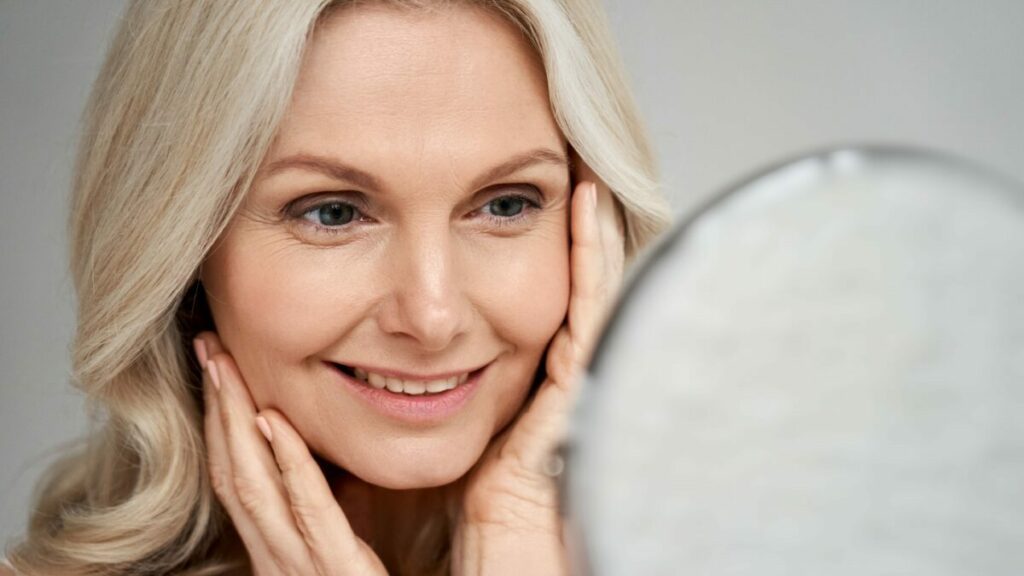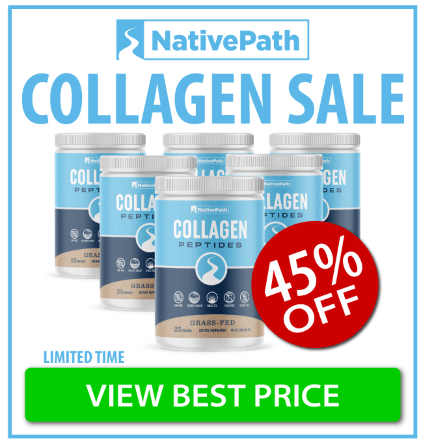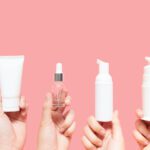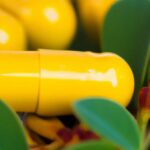If you’re wondering how to take care of skin after 40 years of life, you’re not alone. Skincare is an important issue for those of us over 40. When collagen, the substance in the body that creates skin elasticity, decreases as we age, we can begin to notice an extra wrinkle or too, less skin elasticity and larger pores. Not to fear though, pretty skin isn’t impossible! There is a lot we can do in this day and age to improve collagen production and maintain healthy, glowing skin.
Collagen Supplements
The first fairly obvious thing we can do is get a good collagen supplement. Collagen is the most abundant protein found in the body and is responsible for skin health and elasticity. It is the element in the body that decreases as we age and causes the appearance of physical aging. It’s also one of the most popular beauty supplements on the market today and for good reason–it works.
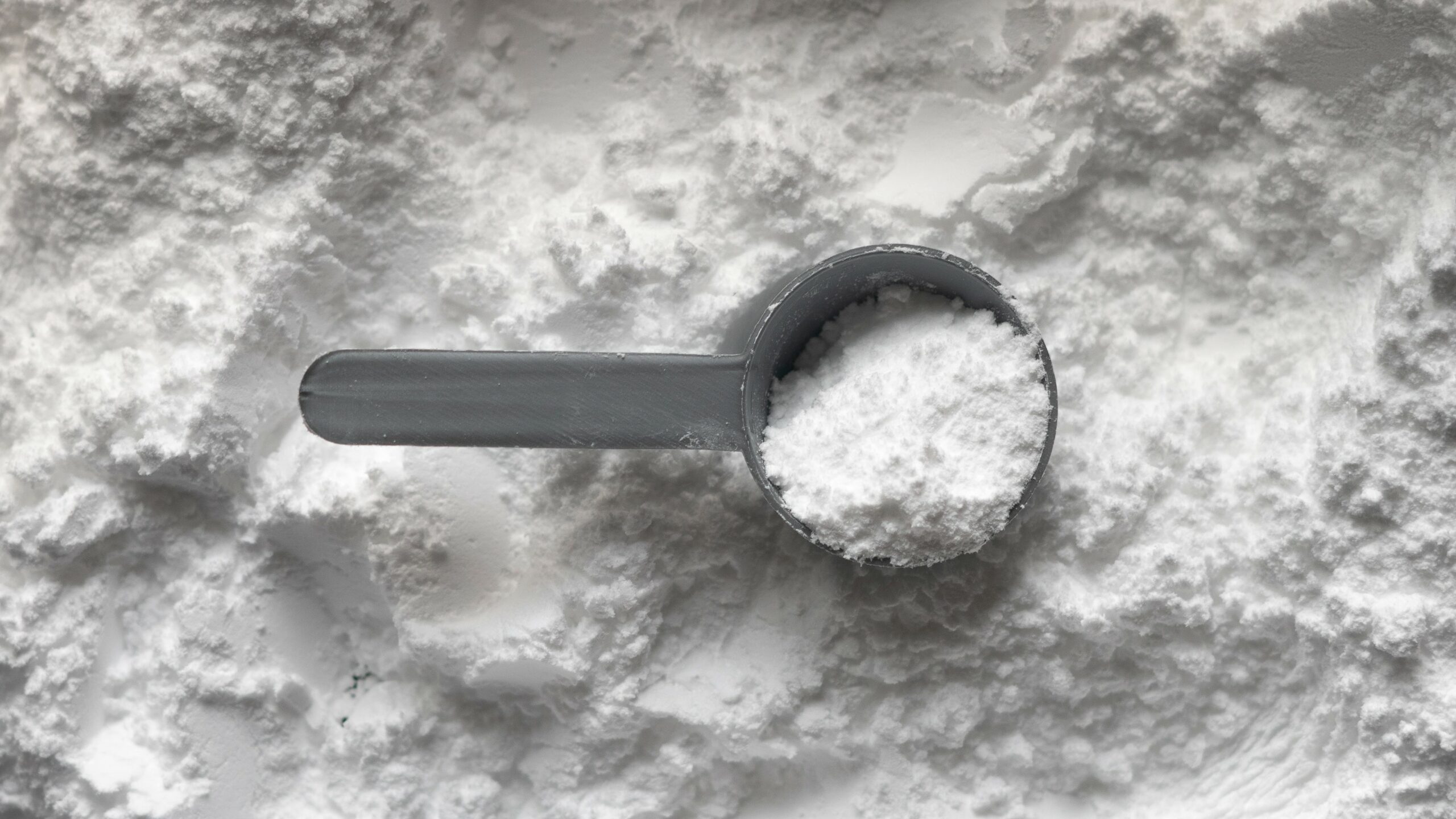

A quality collagen supplement will help to counteract these effects. You want something that contain collagen type 1 at minimum as this is the collagen that is responsible for skin health. Collagen 3 also supports skin health so a supplement with both types is a bonus. Taking plenty of collagen helps naturally “plump” your skin from below, which will tighten and repair damaged skin.
Grass fed bovine is the most environmentally responsible source for your collagen and always make sure your supplement has been hydrolyzed. This means it has been broken down to be more easily absorbed by the body, healing your skin from within.
There are many collagen supplements on the market today, but not all of them are high quality. The highest quality collagen powders dissolve easily, have zero taste, and are more effective. A great place to start for more information is a trusted review site, such as NaturalReview’s Top 5 Collagen Supplements of 2022.
Silica
Silica is essential for the production of collagen and brings health to the connective tissue in the
body. It’s a trace mineral that also declines with age and works hand in hand with collagen to
create healthy skin, hair, nails, cartilage and bones.
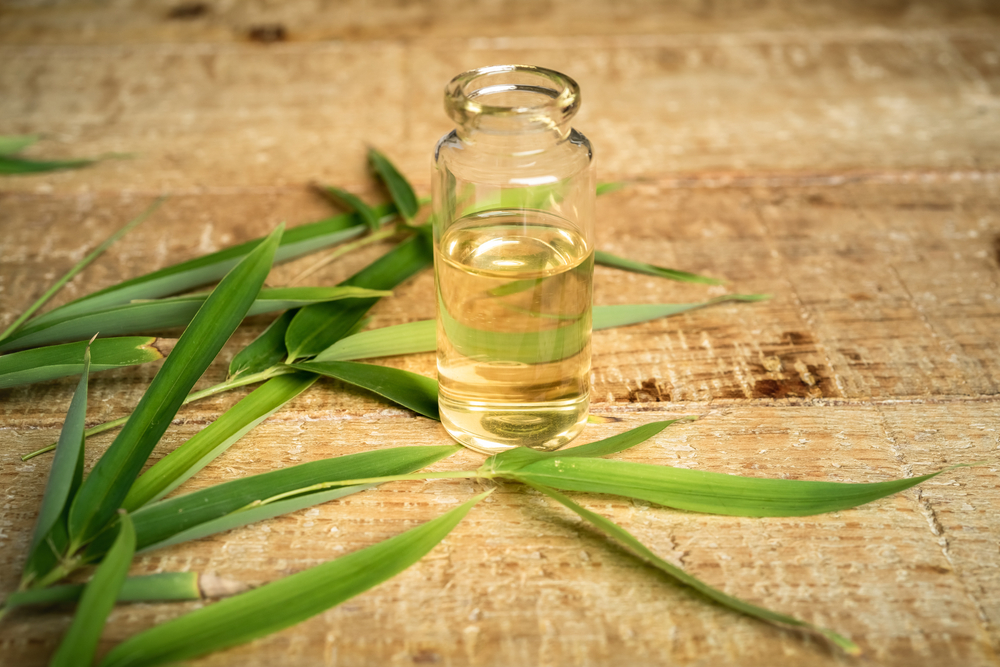

Food sources like bananas, leafy greens, lentils, green beans and brown rice are high in silica. Bamboo extract, which can also be taken as a supplement, contains more silica than any other supplement in the world.
Vitamin C
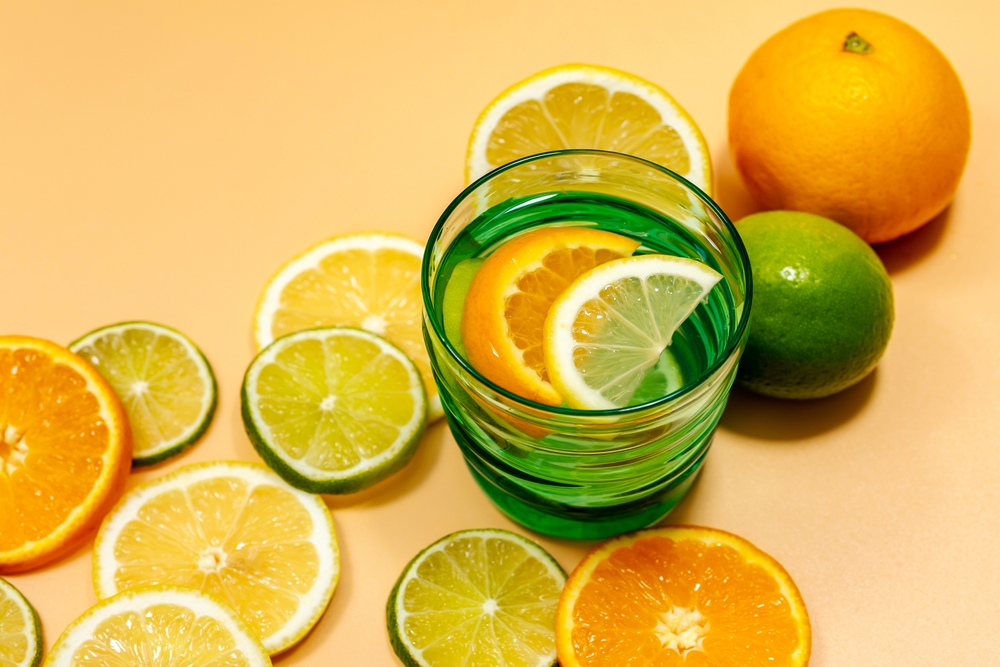

Vitamin C plays a critical role in collagen production. It’s needed to synthesize and maintain collagen in the body, in particular collagen 1 which is crucial for skin elasticity. You can get it from citrus fruits and raspberries or as a supplement to ensure you get enough daily.
Most people know that citrus fruits contain high amounts on vitamin C. Some others include bell peppers, strawberries, tomatoes, broccoli, and white potatoes.
Moisture and Hydration
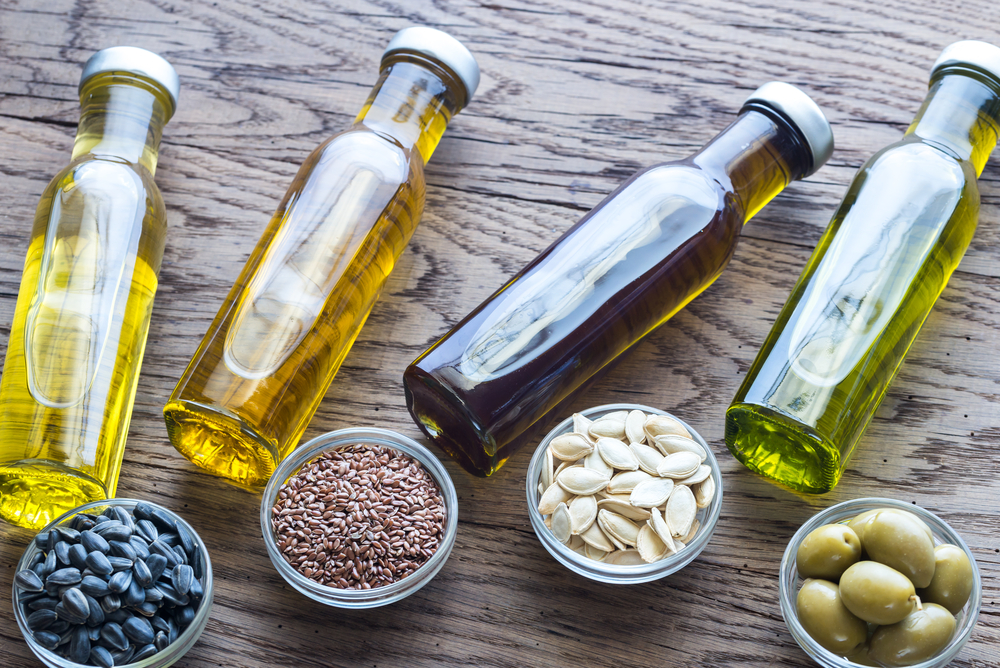

People in high moisture climates tend to have healthier skin for longer as the drying out of skin is something that occurs as we age. Being sure to moisturize daily is important. Certain oils like those below can work to bring a lot of moisture to the skin as well.
- argan
- grapeseed
- jojoba
- marula
- coconut oil
It’s best to apply these at night, as a natural night cream, so they can do their work while you sleep.
Hyaluronic Acid and the Tremella mushroom can hydrate the skin like no other substance. These work deep in the body to increase hydration and keep your skin looking young. Being sure to get adequate water each day is also essential for maintaining a younger, glowing complexion. You’re never to old to start moisturizing your skin but the younger you begin, the better.
Antioxidants
Antioxidants prevent the negative effects of aging as a whole but there are specific antioxidants that work especially well for skin care. Vitamin C, vitamin E, vitamin A and Coenzyme Q10 are all very powerful antioxidants for the skin. These can usually be found as a combination in good multivitamin supplements. They can also be found in a diet high in fruits and vegetables. Foods high in antioxidants include dark chocolate, pecans, blueberries, strawberries, and artichokes.
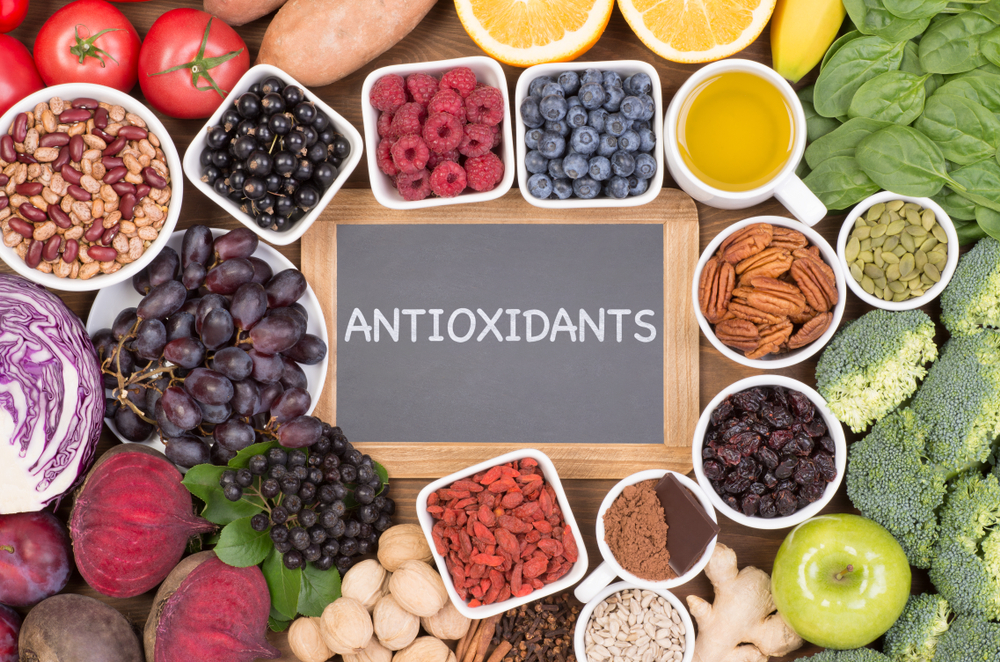

Last but not least, be careful in the sun! While sunshine is great for mental health and vitamin D levels, it can be detrimental to skin so be sure to wear sunscreen at all times and limit your time spent in direct sunlight. Antioxidants also help prevent and repair damage caused by sun exposure. If you are avoiding the sun, you may want to consider taking a vitamin D supplement as vitamin D deficiency can cause a host of little-known problems.


